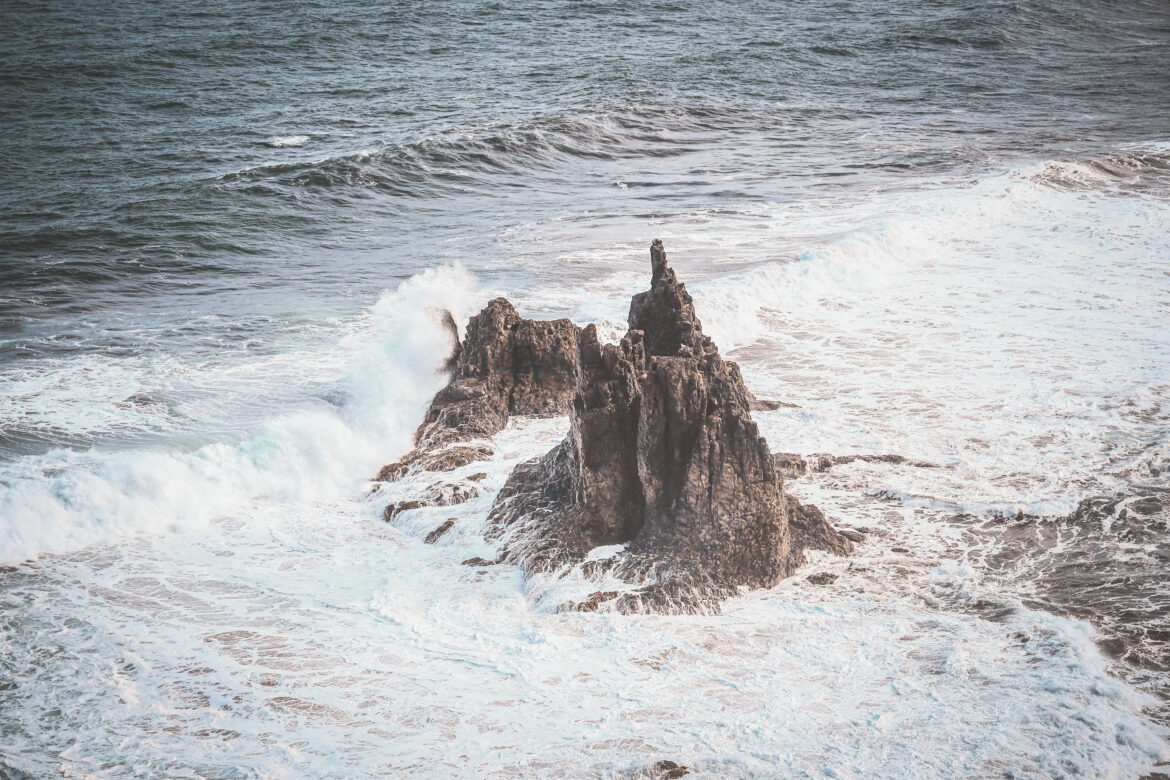Landscape photography is a popular genre amongst photographers, as it allows them to capture the beauty of our natural surroundings. However, capturing stunning landscapes can be challenging due to various factors such as lighting conditions, weather, and composition. One way to enhance your landscape photography is by using filters.
Filters are essential tools that can help photographers achieve better results in landscape photography. They can enhance colors, control exposure, reduce glare, and improve overall image quality. There are several types of filters that can be used in landscape photography, including polarizing filters, neutral density filters, and graduated neutral density filters.
One of the most commonly used filters in landscape photography is the polarizing filter. This filter helps reduce glare and reflections, making colors appear more vibrant and saturated. It also enhances contrast, resulting in more detailed and dramatic images. Polarizing filters are particularly useful when shooting landscapes with water or glass surfaces, as they can eliminate unwanted reflections and make the colors pop.
Neutral density filters are another essential tool for landscape photographers. These filters reduce the amount of light entering the camera, allowing you to use slower shutter speeds or wider apertures. This is particularly useful when shooting in bright conditions or when you want to create motion blur effects. By using a neutral density filter, you can achieve a more balanced exposure and capture stunning long-exposure images of waterfalls, rivers, or moving clouds.
Graduated neutral density filters are also beneficial for landscape photography, especially when dealing with high-contrast scenes. These filters darken the bright areas of the image while keeping the shadows unaffected, resulting in a more evenly exposed photograph. Graduated neutral density filters are particularly useful when shooting sunsets or sunrises, where the sky is much brighter than the foreground.
In conclusion, using filters in landscape photography can help you achieve better results and elevate your images to the next level. Whether you’re a beginner or an experienced photographer, investing in a set of high-quality filters can make a significant difference in the quality of your landscape photos. If you’re interested in learning more about landscape photography and how to use filters effectively, consider enrolling in an Art Photography Course. These courses offer valuable insights, techniques, and tips from professional photographers that can help you enhance your skills and take your landscape photography to new heights.
